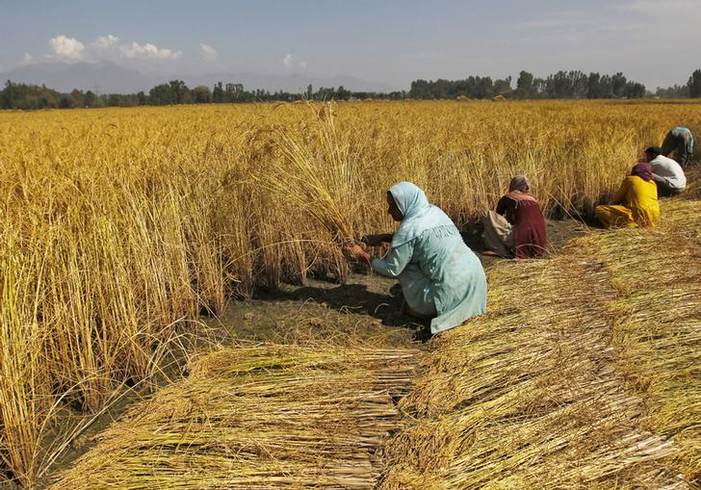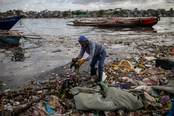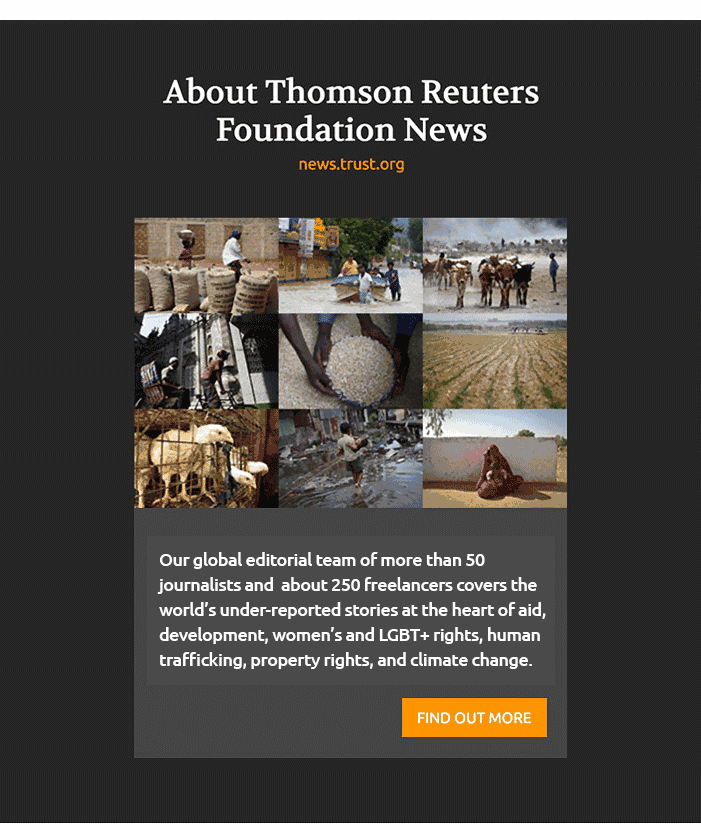


India's digital database for farmers stirs fears about privacy, exclusionAgriStack is aimed at reducing wastage and increasing efficiency, amid a push to digitise data in India, from land titles to medical records |

|
Philippine 'river warriors' fight tide of trash for cleaner futureThe Filipino "river warriors" wear rubber boots and elbow-length gloves, using rakes and handmade tools to scoop rubbish from stagnant waters in different locations |

|
Luxembourg gay PM blasts 'stigmatizing' new Hungarian lawThe EU is pushing Hungary to revoke the anti-LGBT law and threatened legal action against Budapest for violating fundamental democratic rules |

|
EXPLAINER-Climate change and financial disclosure - what's at stake?Financial institutions are under increasing pressure to disclose how much their balance sheets are exposed to climate-related risks |

|
Hundreds more unmarked graves found at erstwhile Canadian residential schoolThe unmarked graves of another estimated 751 have been found at a Canadian residential school |

|
Gibraltar approves easing strict abortion law in referendumGibraltar's criminal law has until now banned abortion in all circumstances, with a maximum punishment in theory of life in prison |

|
Rio kept destruction of Ice Age Australia heritage secret, Aboriginal group saysThe Aboriginal group say that material dating back at least 18,000 years and other artefacts were thrown in a Darwin rubbish heap |

|
New Zealand plans stronger hate speech laws in response to Christchurch attackTwo years on from a white supremacist attack that killed 51 Muslims, New Zealand has proposed new criminal offences for hate speech it says will be more effective |
|
* Feel free to republish as long as credit is given to the Thomson Reuters Foundation |
OPINION: COVID exacerbated modern slavery - and offers a chance to end itNo country is free from slavery, and it is the responsibility of all governments to take action to fulfill their commitments to combat modern slavery and protect those who are most vulnerable |
OPINION: Can a global social protection fund prevent the next economic crisis?With millions of people falling into extreme poverty due to COVID-19, social protection should be seen not as a cost, but rather as an investment |

This email was sent to you by Thomson Reuters Foundation located at 5 Canada Square, Canary Wharf, London, E14 5AQ - a registered charity in the United Kingdom and the United States.
If you are not the intended recipient, be advised that you have received this email in error and that any use, dissemination, forwarding, printing or copying of this email is strictly prohibited. If you do not wish to receive this type of correspondence in the future, contact us at [email protected] so that we can remove you from this list.
Thomson Reuters Foundation's terms and conditions and privacy statement can be found online at www.trust.org. Photos courtesy of Reuters or Thomson Reuters Foundation.
Manage your subscriptions | Unsubscribe from all TRF communications